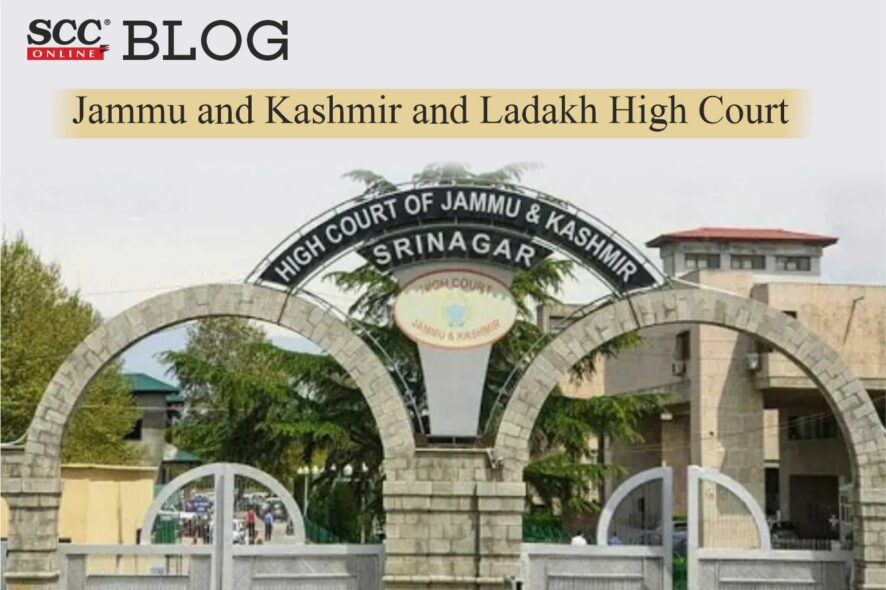Jammu and Kashmir and Ladakh High Court: Apprehension of harassment and violence at the hands of their relatives, led a young couple to knock on the doors of the Court. The bench of M.A. Chowdhary, J., while perusing the facts and the fears presented by the petitioners, made some profound observations vis-a-vis two adults consensually marrying. The Court stated that, Arts. 19 and 21 of the Constitution duly recognises the right of two consenting adults entering into wedlock. “Consent of family or community or clan is not necessary once two adult individuals agree to enter into wedlock and their consent has to be piously given primacy. The concept of liberty has to be weighed and tested on the touchstone of constitutional sensitivity, protection and values it stands for”.
As per the facts, the petitioners claiming to be majors, contracted marriage out of their free will and started living as husband and wife. The said marriage was contracted as per Muslim personal laws and traditions. Upon developing a fear for their safety and life, the petitioners approached the Court seeking protection and security cover from their relatives.
Upon examining the prayer, the Court observed that Right to Marry has sanction of the Constitution, therefore it needs to be protected and it cannot succumb to conception of class honour or group thinking and that the Constitutional Courts should act as a watchful sentinel to guard the right to liberty of an individual, as dignified existence has an inseparable association with liberty. “Life and liberty sans dignity and choice is a phenomenon that allows hollowness to enter into the constitutional recognition of identity of a person“. Noting that choice is an inextricable part of dignity, thus no one should be allowed to interfere with the fulfilment of an individual’s choice. “When two adults marry out of their volition, they choose their path… and it can unequivocally be stated that they have the right and any infringement of the said right is a constitutional violation”.
With the aforementioned observations, the Court directed the respondents to provide adequate security cover to petitioners and act in accordance with the law laid down by the Supreme Court in Lata Singh v. State of U. P. (2006) 5 SCC 475, and Shakti Vahini v. Union of India, (2018) 7 SCC 192. The Court also directed the respondents to verify petitioners’ claims vis-a-vis their age and proper solemnization of marriage. The Court also clarified that the observations made in the instant petition do not authenticate the petitioners’ marriage, as the same is dependent on fulfilment of requisites as envisaged under prevalent laws.
[Sugra Fatima v. Union Territory of J&K, 2022 SCC OnLine J&K 472, decided on 14-06-2022]
For the petitioners: Asma Rashid, Advocate
For the respondents: Insha Rashid, GA
*Sucheta Sarkar, Editorial Assistant has reported this brief.







